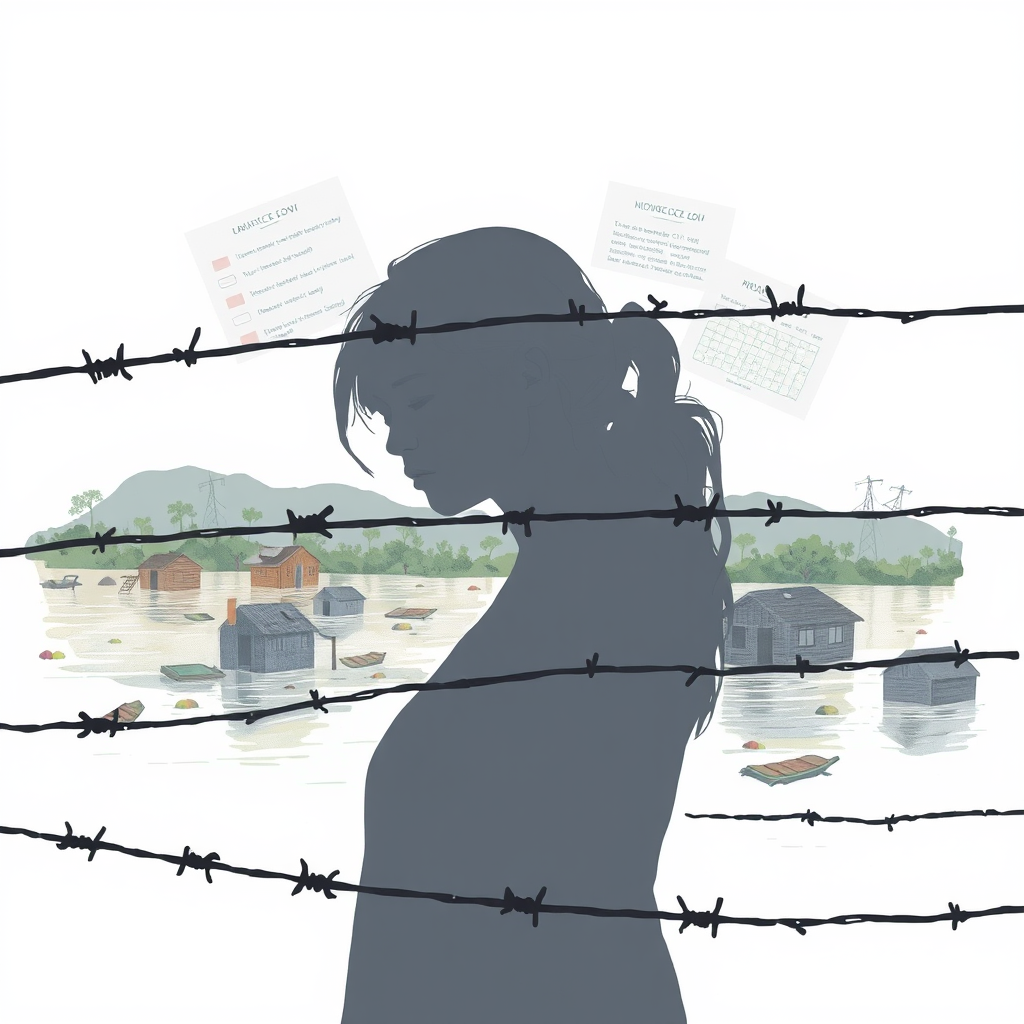Philippines NGOs Silenced by Terrorism Charges and Fear

The Philippines is witnessing a deeply troubling trend: a surge in terrorism accusations leveled against non-governmental organizations (NGOs) and activists, despite a new administration promising change. What began as a tactic under the Duterte government to silence dissent has not only persisted but appears to be escalating under President Ferdinand Marcos Jr., fueled by international financial pressures and, disturbingly, bureaucratic self-interest.
The case of Jazmin “Minet” Aguisanda-Jerusalem and the Leyte Center for Development (LCDE) exemplifies this crisis. For 37 years, the LCDE provided vital humanitarian aid to vulnerable communities, preparing them for the frequent typhoons and floods that batter the archipelago. Yet, in May of last year, their bank accounts were frozen, crippling their operations. The justification? Suspicion of financing terrorism – a charge later dismissed for lack of evidence. But the accounts remained frozen, followed by more terrorism charges, forcing Minet to post bail and ultimately halt the LCDE’s work. This isn’t an isolated incident; at least 64 NGOs across the Philippines now face similar criminal accusations.
The situation is particularly alarming given the Philippines’ vulnerability to climate change. NGOs are crucial partners in disaster preparedness and environmental protection, and this crackdown erodes those vital partnerships. The chilling effect is palpable; organizations are hesitant to speak out, fearing reprisal.
The roots of this crisis are complex. In 2021, the Philippines was placed on the Financial Action Task Force (FATF) “grey list” for laxity in countering money laundering and terrorism financing. Suddenly, prosecuting these crimes became a priority, incentivizing security forces to find targets – and NGOs, particularly those working in remote areas where rebel groups operate, became convenient scapegoats. The implication is clear: career advancement, funding, and promotions are tied to securing convictions, regardless of the evidence.
While the Marcos administration publicly denies “red-tagging” (labeling individuals or organizations as communists), the reality on the ground suggests a shift from red-tagging to “terror-tagging” – a more dangerous escalation. The freezing of assets and the filing of terrorism charges have a devastating impact, effectively silencing critical voices and hindering essential humanitarian work.
This isn’t simply a Philippine problem. Activists like Marinel Sumook Ubaldo, who organized the first youth climate strike in the Philippines, have faced intimidation and threats, forcing her to seek safety in the United States. She now finds the climate of fear in Washington D.C. even more oppressive than what she experienced at home. This echoes a global trend of shrinking civic space and increased legal hurdles for advocacy groups, even in established democracies like the U.S.
The Philippines was removed from the FATF grey list in February, yet the “persecution,” as Minet describes it, continues. This suggests the crackdown isn’t solely about compliance with international standards, but a deeper issue of political control and silencing dissent. The international community must pay close attention and demand accountability. The silencing of NGOs and activists isn’t just a violation of human rights; it’s a blow to the fight against climate change and a betrayal of the most vulnerable communities in the Philippines. The situation demands urgent attention and a commitment to protecting those who are working tirelessly to build a more just and sustainable future.